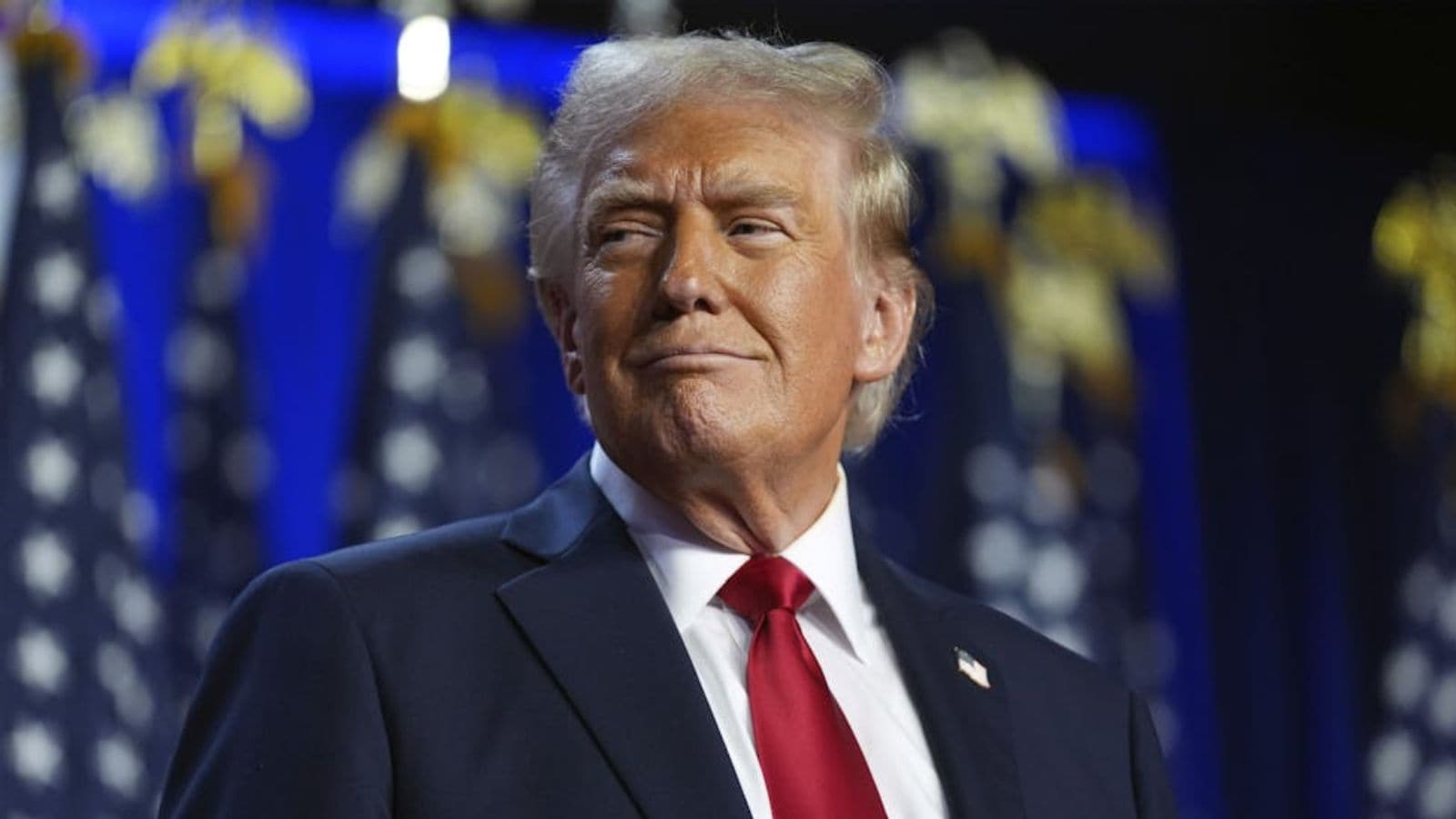Trump Hints at Breakthrough in US-India Trade Talks, Casts Doubt on Agreement With Japan

President Donald Trump has signaled that a trade agreement with India could soon materialize, pointing to a potential easing of tariffs for American companies, while throwing cold water on the prospects of a similar deal with Japan. Speaking aboard Air Force One, Trump suggested India was now open to lowering market barriers and hinted at progress that could help prevent steep tariff hikes.
“Right now, India doesn’t accept anybody in. I think India is going to do that,” Trump said, indicating to what he believes is a shifting stance from New Delhi. “If they do that, we’re going to have a deal for much less tariffs.”
Treasury Secretary Scott Bessent echoed this optimism in an interview with Fox News, noting the two nations were nearing an agreement. The deal, he explained, could reduce duties on American imports while helping India avoid a sharp tariff increase when the current pause expires on July 9.
Indian officials, who extended their stay in Washington last week, are desperate to reach a resolution on a range of issues including import duties on auto components, steel, and agricultural goods. The ongoing back-and-forth is taking place against the backdrop of a looming hike in India’s reciprocal tariff rate from 10% to 27%.
Foreign Minister S. Jaishankar acknowledged the complexities in the negotiations, stating during an event in New York that both sides will need to compromise. “There will have to be give and take,” Jaishankar said, admitting that no outcome is guaranteed, but expressing cautious hope.
Meanwhile, Trump struck a far more pessimistic tone about Japan. Speaking once again from Air Force One, he said he doubted a deal with Tokyo would be reached and floated the idea of raising tariffs even further.
“We’ve dealt with Japan. I’m not sure we’re going to make a deal. I doubt it,” Trump told reporters. The president also criticized Japan’s trade stance, particularly its unwillingness to import U.S. grown rice while flooding the American market with Japanese automobiles.
Trump suggested that a retaliatory tariff of 30% or even 35% could be imposed on Japanese imports if the two nations fail to find common ground before the deadline. “I’ll write them a letter saying we thank you very much, and therefore you pay a 30%, 35%, or whatever the numbers that we determine,” he said.
So far, only the United Kingdom has successfully negotiated a limited trade pact with the Trump administration. The deal involved accepting a 10% tariff on autos in exchange for more favorable treatment of key exports like aircraft engines and cattle meat.
With just days left until the tariff pause ends, the Trump administration appears focused on sealing a trade pact with India, potentially as a political and economic counterweight in the Indo-Pacific, while choosing to play hardball with Japan.